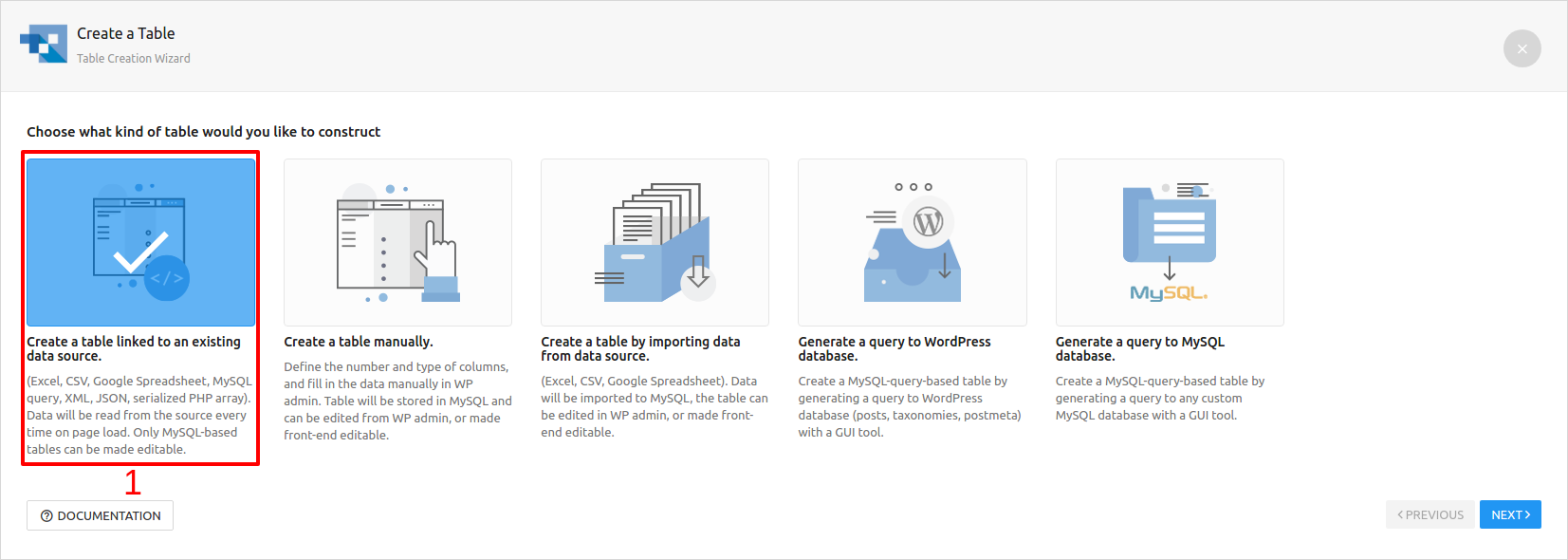Node Js Php Serialize To Array
PHP Serialize() & Unserialize() Issues Building Resilient Systems on AWS: Learn how to design and implement a resilient, highly available, fault-tolerant infrastructure on AWS. By David Walsh on April 10, 2008. Relational to JSON with Node.js. Then the regions table, and on and on until finally we have the object we want. We then use JSON.stringify to serialize the object into the JSON result we are after. Off three functions at the same time: the first builds the basic department object, the second builds the employees array, and.
I need to store a multi-dimensional associative array of data in a flat file for caching purposes. I might occasionally come across the need to convert it to JSON for use in my web app but the vast majority of the time I will be using the array directly in PHP. Would it be more efficient to store the array as JSON or as a PHP serialized array in this text file? I've looked around and it seems that in the newest versions of PHP (5.3), json_decode is actually faster than unserialize. I'm currently leaning towards storing the array as JSON as I feel its easier to read by a human if necessary, it can be used in both PHP and JavaScript with very little effort, and from what I've read, it might even be faster to decode (not sure about encoding, though).
Aplikasi Sistem Pakar Dengan Php File more. Does anyone know of any pitfalls? Anyone have good benchmarks to show the performance benefits of either method? I did some tests and made a simple function to test it, with big arrays (used function of Peter Bailey for those) the json_encode() is about 80% to 150% faster (its really going up and down there) than serialize(), with about 300 iterations. But when using the smaller arrays ( array('teams' =>array(1 =>array(4 arrays of players), 2 =>array(4 arrays of players)))), I did test with 750,000 iterations and serialize() is about 6% to 10% faster in that case. My function takes the average times for all iterations and compares them. I might post it here as one of answers – May 23 '15 at 23:36 •. You might also be interested in - which provides a different serialization 'engine' for PHP. Hp 2133 Mini Drivers Window 7.
My random/arbitrary 'performance' figures, using PHP 5.3.5 on a 64bit platform show: JSON: • JSON encoded in 2.76 seconds • JSON decoded in 9.241 seconds • serialized 'String' size: 13993 Native PHP: • PHP serialized in 2.593 seconds • PHP unserialized in 6.616 seconds • serialized 'String' size: 20769 Igbinary: • WIN igbinary serialized in 1.669 seconds • WIN igbinrary unserialized in 4.271 seconds • WIN serialized 'String' Size: 4467 So, it's quicker to igbinary_serialize() and igbinary_unserialize() and uses less disk space. I used the fillArray(0, 3) code as above, but made the array keys longer strings. Igbinary can store the same data types as PHP's native serialize can (So no problem with objects etc) and you can tell PHP5.3 to use it for session handling if you so wish.
See also - specifically slides 14/15/16. Y just tested serialized and json encode and decode, plus the size it will take the string stored. JSON encoded in 0.69 seconds.
Size (1277772) PHP serialized in 0.5 seconds. Size (1955548) JSON decode in 0.5 seconds PHP serialized in 0.38 seconds json_encode() was roughly 80.52% faster than serialize() unserialize() was roughly 6.02% faster than json_decode() JSON string was roughly 53.04% smaller than Serialized string We can conclude that JSON encodes faster and results a smaller string, but unserialize is faster to decode the string. I augmented the test to include unserialization performance. Here are the numbers I got. Serialize JSON encoded in 2.838 seconds PHP serialized in 5.601 seconds Serialize: json_encode() was roughly 105.38% faster than serialize() Unserialize JSON decode in 84314 seconds PHP unserialized in 7.075 seconds Unserialize: unserialize() was roughly 43.20% faster than json_decode() So json seems to be faster for encoding but slow in decoding.
So it could depend upon your application and what you expect to do the most. Really nice topic and after reading the few answers, I want to share my experiments on the subject. I got a use case where some 'huge' table needs to be queried almost every time I talk to the database (don't ask why, just a fact). The database caching system isn't appropriate as it'll not cache the different requests, so I though about php caching systems. Download Free The Weathering Magazine Issue 01 Pdf Printer. I tried apcu but it didn't fit the needs, memory isn't enough reliable in this case. Next step was to cache into a file with serialization. Table has 14355 entries with 18 columns, those are my tests and stats on reading the serialized cache: JSON: As you all said, the major inconvenience with json_encode/ json_decode is that it transforms everything to an StdClass instance (or Object).
